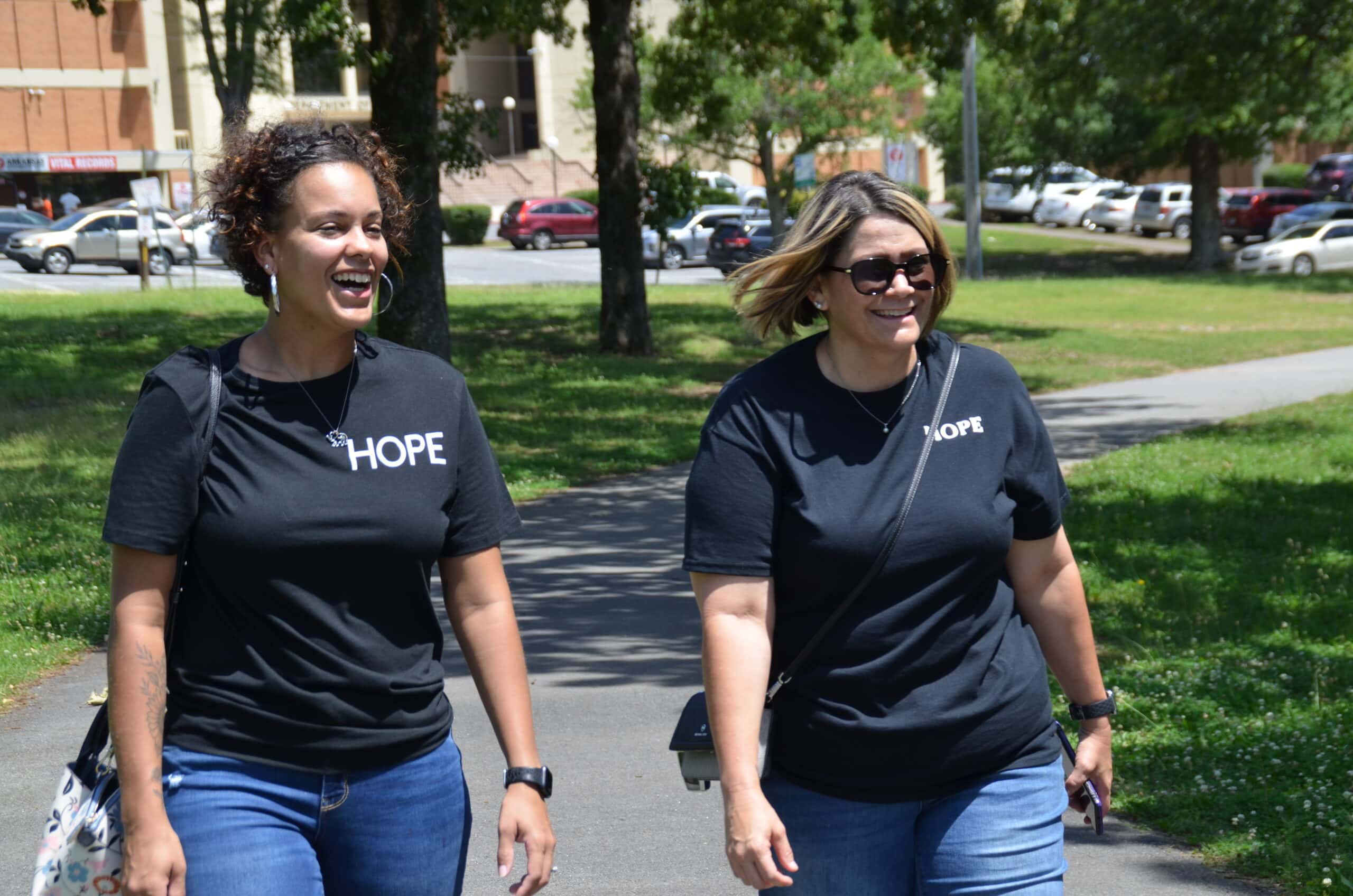Maternal & Child Health Program Presents Forum to Help Support Mothers In Crisis
| In Arkansas, there are companies, nonprofits, ministries and individual citizens dedicated to helping mothers who are in crisis.
The University of Arkansas for Medical Sciences’ Fay W. Boozman College of Public Health Maternal & Child Health Program brought several of those entities together for its annual summit. This year’s topic was “Supporting Mothers in Crisis.”
The four-hour virtual event — which had over 100 attendees — featured six sessions and consisted of presenters that spoke on issues such as moms experiencing incarceration, birth mortality, domestic violence and homelessness.
Alexandra Marshall, Ph.D., associate professor for the College of Public Health, said the committee’s goal was to shed light on issues that affect moms, how those situations trickle down to affect others and the ways the issues can be solved.
“There are real problems for a lot of Arkansas women and children,” Marshall said. “But we wanted to show that there are also lots of tools, programs and opportunities that provide rational solutions to the issues.”
The event organizers understand the importance of the families, friends or neighbors doing their part to help moms facing a crisis, Marshall added.
“The value of community engagement is huge,” Marshall said. “We appreciate the various organizations working with women who are going through an immediate crisis. We also admire the moms who are taking the steps to overcome obstacles en route to a better life.”
The presentations made during the summit further detailed why community assistance is important for the moms. It was a powerful component to the event.
“Speaking to these women and organizations on a daily basis, we knew they had invaluable information and real-life situations to share,” Marshall said. “We didn’t want it to be a bunch of presentations from people like us who sit in an office most of the time doing research and trying to think of solutions to the problems. We wanted to hear from people who are out there doing the work and who know what helps and what doesn’t.”
Marshall admitted that she found herself becoming emotional when watching some of the presenters.
“Hearing from Angela McGraw, who directs Women and Children First, as she walked us through a case scenario and what it’s like for women to navigate through domestic violence survival; that presentation was very moving,” Marshall said.
“It was also powerful to hear from researchers and practitioners who work with women who are incarcerated. It was interesting hearing from women speaking from a jail setting about trying to get childcare assistance and wanting to be reunited with their families upon release. I loved also that we had some of our students speak on projects they’re working on that can make a big impact for a mom who’s facing a crisis.”
Marshall was not alone in becoming emotional. There were numerous attendees who commented on how the summit was touching yet informative.
“People liked the variety of presenters,” she said. “They enjoyed hearing from people in academia and also people who work with moms and their kids on a daily basis.
“If anyone wants to help a mom in a crisis, they can always reach out to a nonprofit and see if there’s any manner that you can assist one of the programs who work with moms who are having difficulties.”
